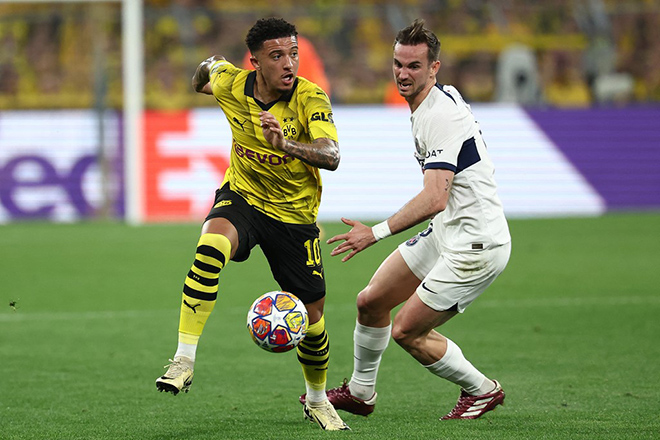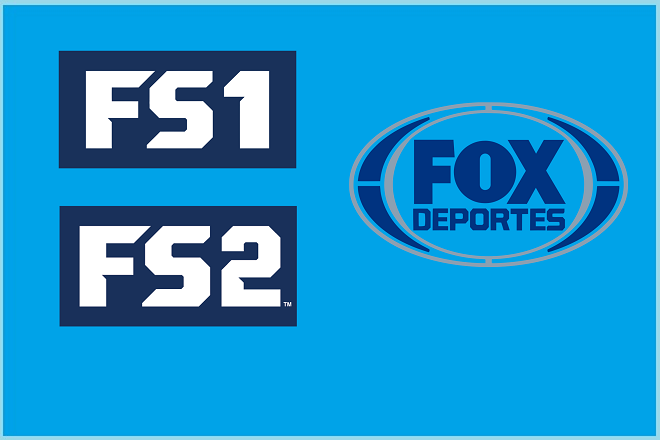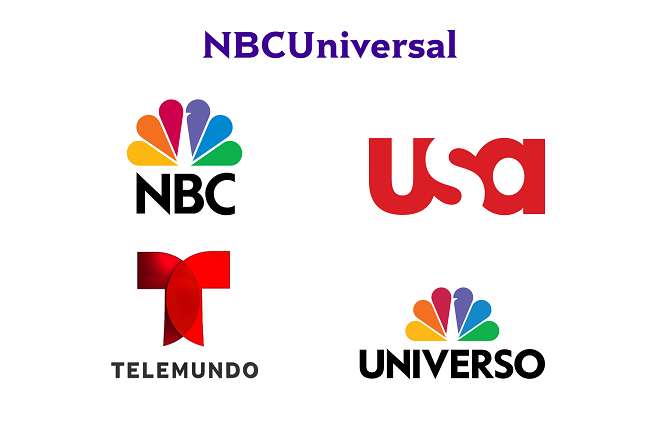Brazil and Argentina have a lot to learn from Chile. What did Claudio Borghi do that his colleagues didn't?
Chile and Mexico showed how exciting football can be when securing the three points is the priority for both squads on the pitch. Mexico opened the score early in the first half, but were unable to stop La Roja from bagging the victory upon their awakening in the last 45 minutes.
Argentina and Brazil had only a fleeting glimpse of their real footbalistic power, Uruguay and Paraguay struggled endlessly to find themselves on the pitch, and Colombia suffered more than expected to break Costa Rica's defense.
Are South American powerhouses ready to grow? I will hold my judgement until I see their reaction to the first game. Brazil didn't reach their last two Copa America finals unbeaten. In fact, Mexico back in 2007 and Paraguay in 2003 defeated Brazil during the group stage but it didn't stop La Canarinha from lifting the title.
What were the keys for Chile's success in San Juan?
The reason cannot be found on an individual analysis; Chilean names may not sound as loud as those of the Argentinians and Brazilians, they may not have the same expertise as Argentina and Uruguay in the Copa America, but Alexis Sanchez and Matias Fernandez lived up to the expectations of the crowds.
Unlike Sergio Batista and Mano Menezes, Claudio Borghi managed to celebrate a victory in his official debut with Chilean national football team.
The answer, I suggest, may be found on Borghi's hybrid scheme, as he combines the defensive approach of his predecessor with a fast, aggressive yet stable attack.
In spite of their excellent control of the ball while keeping it in motion, two corner kicks gave Esteban Paredes and Arturo Vidal the opportunity to bag the victory. The multiple dynamics in Chile's offense, their versatility, is what could have granted them the coherence the rest of the candidates had in their debut games.
Are Argentina and Brazil ready to follow Chile's example?
Argentina and Brazil had only a fleeting glimpse of their real footbalistic power, Uruguay and Paraguay struggled endlessly to find themselves on the pitch, and Colombia suffered more than expected to break Costa Rica's defense.
Are South American powerhouses ready to grow? I will hold my judgement until I see their reaction to the first game. Brazil didn't reach their last two Copa America finals unbeaten. In fact, Mexico back in 2007 and Paraguay in 2003 defeated Brazil during the group stage but it didn't stop La Canarinha from lifting the title.
What were the keys for Chile's success in San Juan?
The reason cannot be found on an individual analysis; Chilean names may not sound as loud as those of the Argentinians and Brazilians, they may not have the same expertise as Argentina and Uruguay in the Copa America, but Alexis Sanchez and Matias Fernandez lived up to the expectations of the crowds.
Unlike Sergio Batista and Mano Menezes, Claudio Borghi managed to celebrate a victory in his official debut with Chilean national football team.
The answer, I suggest, may be found on Borghi's hybrid scheme, as he combines the defensive approach of his predecessor with a fast, aggressive yet stable attack.
In spite of their excellent control of the ball while keeping it in motion, two corner kicks gave Esteban Paredes and Arturo Vidal the opportunity to bag the victory. The multiple dynamics in Chile's offense, their versatility, is what could have granted them the coherence the rest of the candidates had in their debut games.
Are Argentina and Brazil ready to follow Chile's example?




























